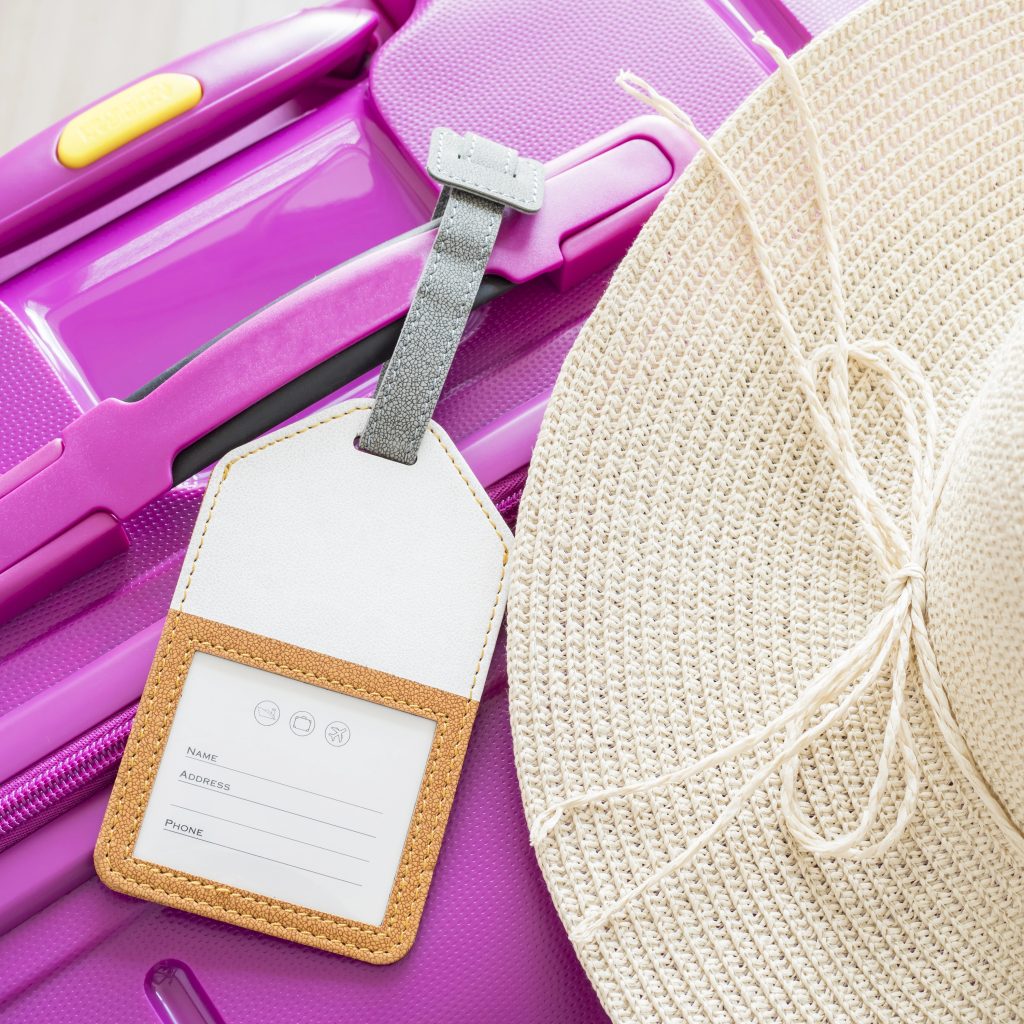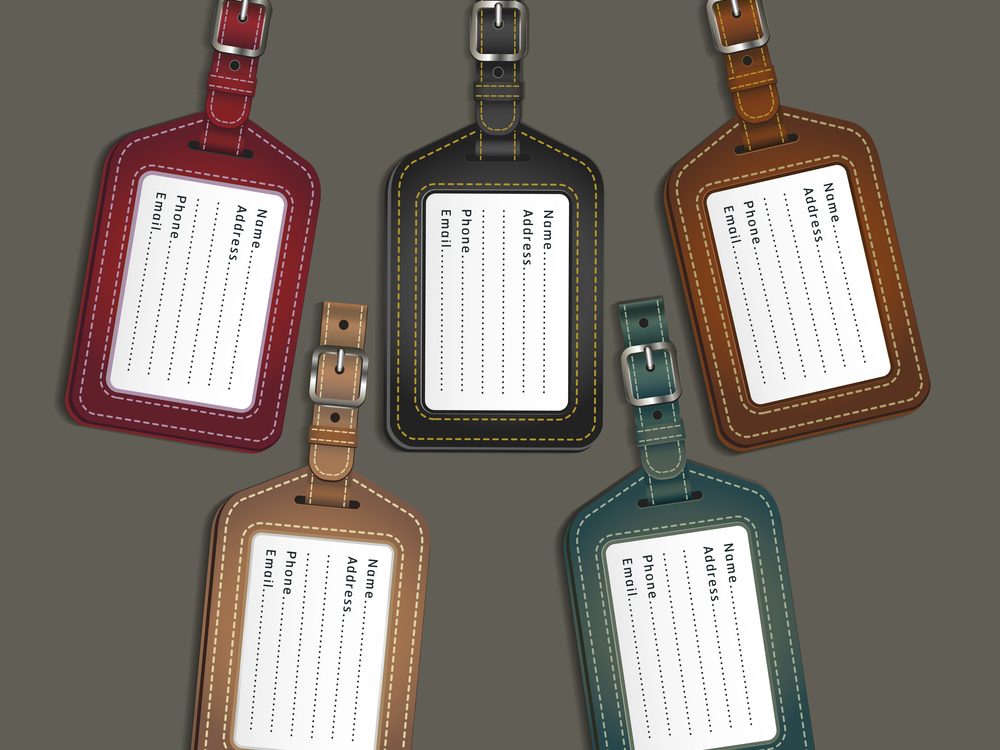Why Luggage Tag Security Matters for Safe Travel
Before you attach a luggage tag to your suitcase, consider the potential travel security risks. While luggage tags help identify lost bags, they can also expose your personal information to strangers, making you vulnerable to identity theft and other travel-related dangers. A seemingly innocent practice could expose you to strangers and create security concerns that many travelers overlook.
Luggage Tag Security Risks: What Travelers Often Overlook
Many travelers overlook the security risks associated with displaying personal details like name, phone number, and home address on luggage tags. Whether you’re at the airport baggage claim, boarding a train, or moving through crowded spaces, exposed information can be misused for identity fraud, stalking, or scams.

Travel Experts Recommend a Safer Approach
To protect your privacy, travel safety experts suggest flipping your luggage tag information backward. This keeps your details available if your bag is lost while preventing easy access for passersby.
“Always flip your information card over,” advises travel safety advocate Sarah Williams. “This keeps your details hidden while allowing airline staff to find your information if needed. Adding a simple ‘flip over’ note can help too, in case of lost baggage.”
What Information Should You Include?
For safe travel, avoid sharing sensitive details on your luggage tag. Instead, follow these expert recommendations:
Use only your name and email address for easy contact.
Avoid listing your home address to prevent security risks.
Refrain from sharing your phone number, which can be misused.
“Your name and email are sufficient,” Williams adds. “I would never put my phone number or home address on a luggage tag—it’s just not worth the risk.”
Luggage Tag Security vs. Convenience: Striking the Right Balance
While luggage tags are essential for lost baggage recovery, taking these simple security precautions helps protect your privacy and travel safety. Keep your details hidden, travel with confidence, and avoid unnecessary risks.
Before your next trip, ensure your luggage tag follows best security practices. The TSA guidelines on luggage tags provide essential tips on what information to include and how to protect your privacy while traveling.
Travel smarter, stay safer! Get more must-know travel tips on TravelSecrets and enjoy hassle-free adventures.



Comment (0)